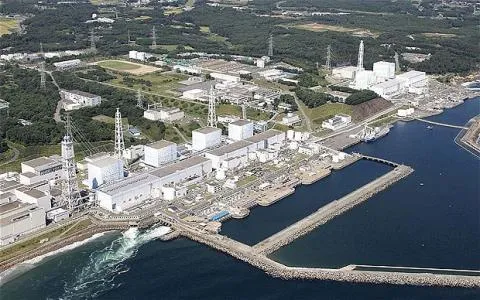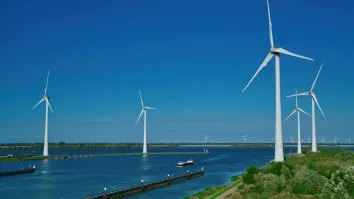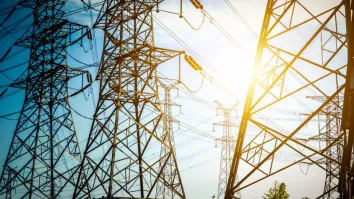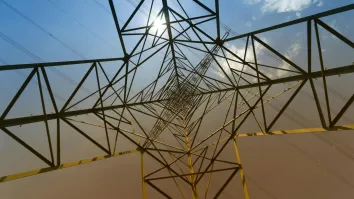
How is Asia's nuke industry five years post-Fukushima disaster?
Much has been learnt, but will nuke generation be revived in Japan?
Saturday, March 12, 2016 marks the five-year anniversary of the Fukushima Daichii Nuclear Accident. Fukushima was one of only two Level 7 disasters (the other being Chernobyl, and by comparison, Three Mile Island was rated at Level 5) on the INEs in history.
Both the immediate and medium-term fallout from the accident was significant. Mass media coverage, some of which accurate and some of which hyperbolic, was at saturation levels, and as such the negative impact regarding the safety of nuclear power generation on public opinion was considerable. This altered the political sphere. Not only did Japan cease its nuclear power operations but a number of other nations, including Germany, Italy and Switzerland, either scaled-back or abandoned their own national nuclear platforms.
However, as is the case after most major natural or manmade disasters, much has been learnt and Japan is investigating the resumption of nuclear power generation. Due to the many positive aspects and with the passage of time, nuclear is back. Experts are asked if Japan is ready and what are the implications of Japan’s resumption on Asian newcomer nuclear nations.
Lessons learnt
Experts suggest that three key lessons were learnt from the Fukushima experience:
1) The importance of preparedness.
In the case of Fukushima, the combination of insufficiently high protective breakwaters and the fact the emergency diesel generators were below sea-level created a perfect storm waiting to happen. Yes, the tsunami was a one in a 100-year incident, but the low sea wall and the position of the back-up generators nevertheless represented poor planning and poor preparedness – it was only a matter of time.
2) A continuous assessment and revision of safety culture.
Multiple stakeholders must be invested in keep nuclear energy use and facilities safe and secure. The industry must uphold the highest standard and must not view security merely as the responsibility of governments. All stakeholders must be reflective, self-challenging and watchful of other stakeholders for the good of the industry. Emergency procedures must be well-practised and cutting edge.
2) The importance of crisis and risk communication.
Not only must stakeholders communicate for the betterment of the industry in general, but so must all the elements of a particular installation, with updated and well-drilled crisis response procedures. This leads to a point regarding the broader issue of human capital development, well made by Collin Koh Swee Lean, Associate Research Fellow at Singapore’s S. Rajaratnam School of International Studies, “The nuclear energy industry needs to pay greater attention to the supportive aspects such as infrastructure development and human capital investments. Providing nuclear energy to countries that can well afford it financially is one thing, but it’s quite another if the country concerned does not possess the requisite infrastructure and human capital pool to support this energy use.”
World Nuclear Association’s Senior Advisor for India, Middle East and South East Asia, Shah Nawaz Ahmad, says that these lessons must be used to “re-furbish the image of nuclear power in the public mind. The Fukushima incident,” he says, “Would not have got the press mileage; if the event could have been contained within the station premises and salvage work had gone apace.” A more proactive international regime for risk-assessment and disaster prevention, mitigation and management needs to be put in place, and this is required not only for nuclear, but other sectors too.
View the full exclusive on Nuclear Forum.Asia in this link.



















 Advertise
Advertise







